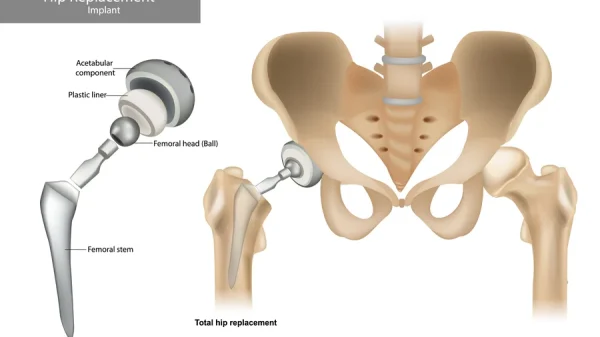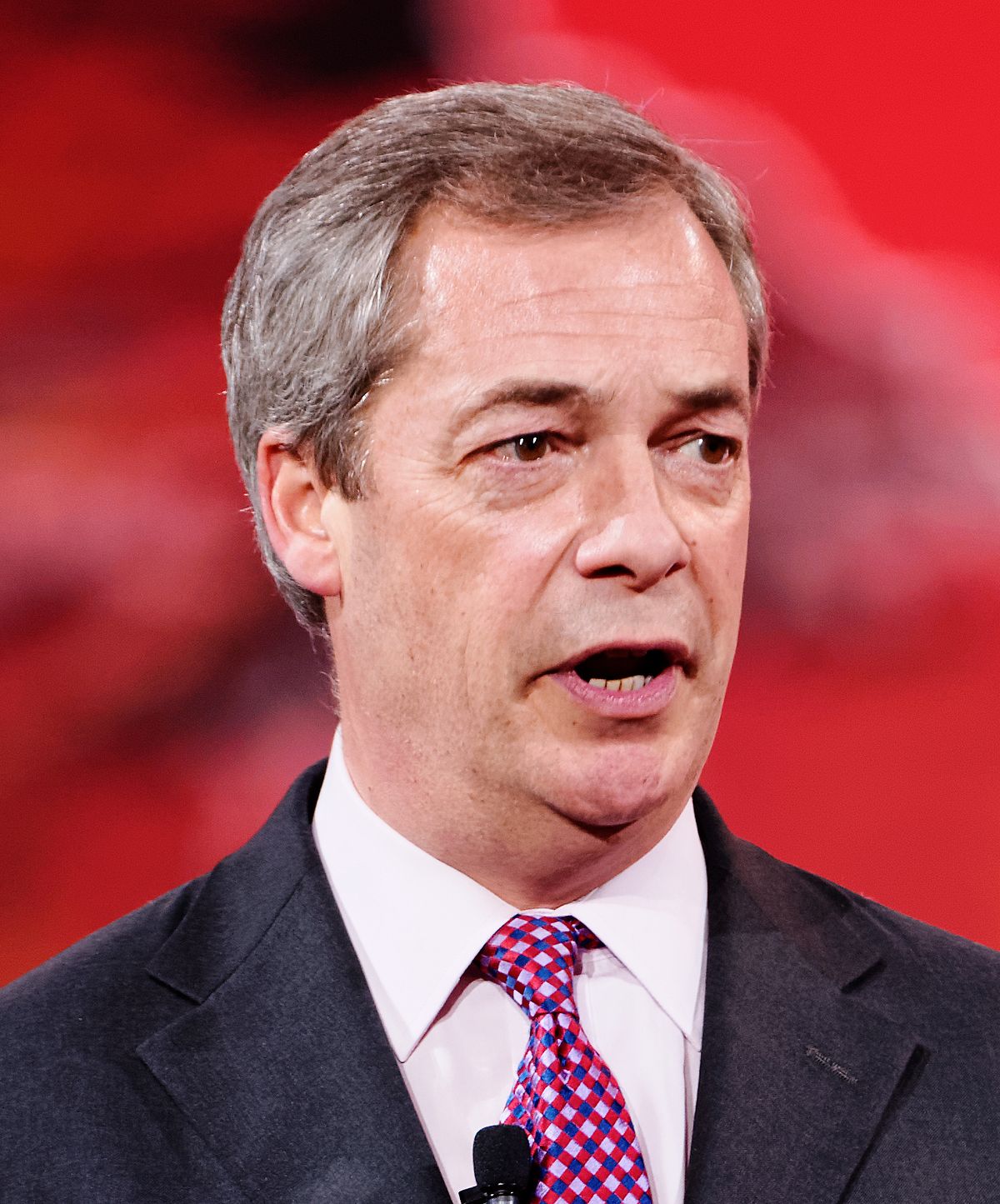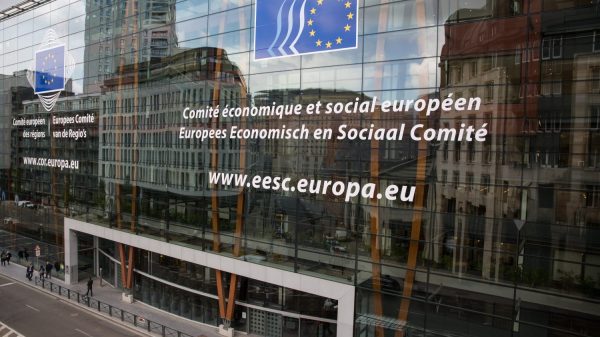As the European Union prepares its next long-term budget, one of the most quietly combustible proposals in Brussels doesn’t concern defence, climate, or migration—but tobacco.
Tucked into a German parliamentary liaison report is a single, potent line: the European Commission is exploring an EU-wide tobacco tax as a new “own resource” for the budget. What sounds like an administrative footnote could ignite a fundamental debate over taxation, sovereignty, and public health.
A Revenue Lifeline or Policy Overreach?
The European Commission’s intention is clear: broaden the Tobacco Excise Directive (TED), last updated in 2011, and use tobacco-related revenues to reduce member state contributions to the EU budget. Under leaked internal assessments, cigarette taxes could rise by up to 139%, rolling tobacco by 258%, and new levies could apply to vapes, heated tobacco, and nicotine pouches.
The dual argument is compelling: not only would such measures provide a reliable revenue stream for pressing EU priorities—including defence, green transition, and enlargement—but they could also deliver strong public health benefits by discouraging smoking through higher prices.
But not every capital agrees. Sweden, in particular, has emerged as the fiercest opponent.
Sweden Pushes Back: “Unacceptable”
Swedish Finance Minister Elisabeth Svantesson (pictured) has categorically rejected the proposal. “An EU‑wide tax hike on tobacco and tobacco products would be completely unacceptable,” she told Swedish press, adding:
“It is obvious that the tax revenues should benefit Sweden and not go to EU bureaucracy.”
In a post on X (formerly Twitter), Svantesson doubled down:
“The [Swedish] government wants each EU country to be able to tax tobacco and nicotine based on its relative harmfulness. And for us, it is obvious that the tax revenues should benefit Sweden and not go to EU bureaucracy.”
Her comments underscore deeper national concerns—not just about money, but about how Brussels increasingly dictates policy areas once jealously guarded by member states.
Sweden is particularly sensitive due to its cultural attachment to snus, a moist oral tobacco product banned across the EU but exempted in Sweden. Many Swedes see it as a harm-reduction success story. The idea of Brussels taxing it is seen as a direct affront.
The country has positioned itself as a model for tobacco harm reduction, citing a smoking rate of just 5% and a decline in smoking-related cancers.
Health and Harm: More Than Just Revenue
Supporters of the proposal emphasize the EU’s duty to protect public health. Tobacco remains the leading cause of preventable death in the EU, claiming nearly 700,000 lives annually. Raising taxes has proven to reduce consumption, particularly among younger people.
Yet, the proposal’s critics argue the policy lacks nuance. Some nicotine products, like snus or certain vapes, may present significantly lower health risks than cigarettes. Applying the same taxation across all products could hinder efforts at harm reduction.
“To dramatically increase the tax on snus will be a deadly blow to tobacco harm reduction and can make users go back to smoking,” warned Bengt Wiberg, founder of EUforsnus.
Even within the European Parliament, there are calls for more flexibility.
“The EU Tobacco Products Directive provides a framework to regulate vaping and other products … so we can both increase public health and provide alternatives to more harmful products,” said Swedish MEP Jessica Polfjärd (EPP).
The Politics of Control
To succeed, any change to the TED must win unanimous approval from all 27 member states. While Germany, France, Spain, and others are supportive, countries like Sweden, Italy, Greece, and Romania are likely to resist. For them, the issue is not just health or revenue—but the erosion of national autonomy in taxation.
The Commission, however, views tobacco excise reform as part of a broader mission: to modernize outdated rules, harmonize health standards, and close loopholes that allow cross-border smuggling and tax arbitrage.
Pros and Cons – A Balanced Ledger
Pros:
– Stable EU revenue to fund cross-border priorities
– Higher prices to reduce smoking rates
– Regulatory parity across member states
– Taxing new nicotine products closes loopholes
– Health benefits for users and non-users alike
Cons:
– National tax sovereignty weakened
– Huge increase in illicit trade and criminality
– Regressive impact on low-income smokers
– Harm-reduction products treated like cigarettes
– Political resistance from key member states
For Users and Non-Users Alike
For smokers and nicotine users, the implications are mixed. On one hand, higher prices might feel punitive, especially if lower-risk alternatives are taxed like traditional tobacco. On the other hand, clearer rules and product-specific taxation could support quitting and switching strategies.
Non-users, meanwhile, benefit from reduced secondhand exposure, lower healthcare costs, and reduced societal burden. But even they may balk at Brussels expanding its fiscal reach in ways that shift political control away from national parliaments.
Conclusion: A Union at the Crossroads
The EU tobacco tax proposal is more than a health measure. It’s a referendum on Europe’s future—how much control Brussels should have over revenue, regulation, and the personal choices of citizens.
Will the proposal include carve-outs, flexibility, or revenue-sharing arrangements to win over the holdouts? Or will national opposition extinguish the plan before it even reaches the Parliament floor?
As with all smoke, where there’s heat, there’s friction—and Brussels is bracing for the fire.
An EC spokesperson answered the EU Reporter’s question regarding whether the Commission’s proposal will include tobacco levies, stating that they “have no comment, nor any further information to share at this time.”























